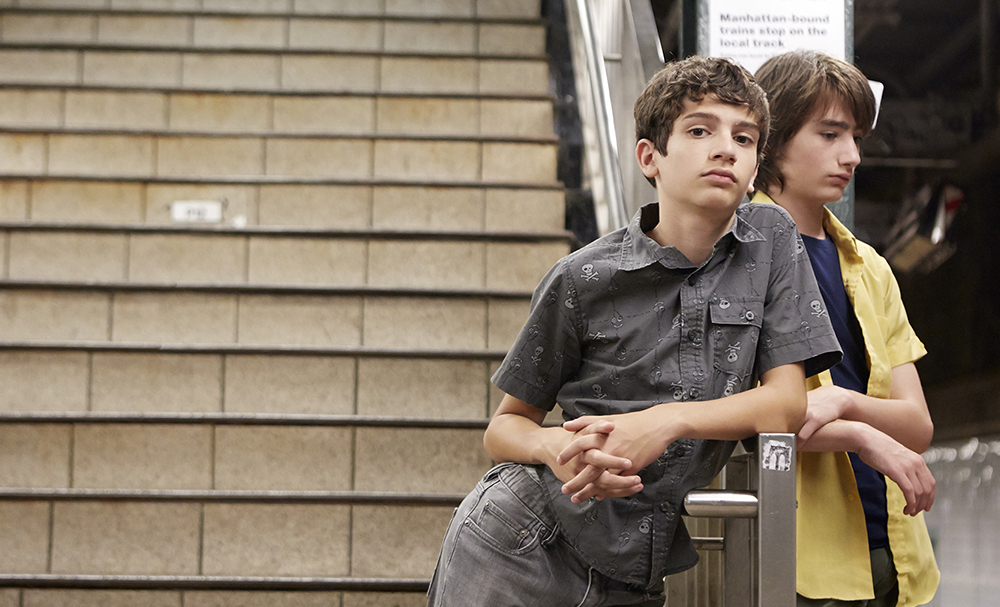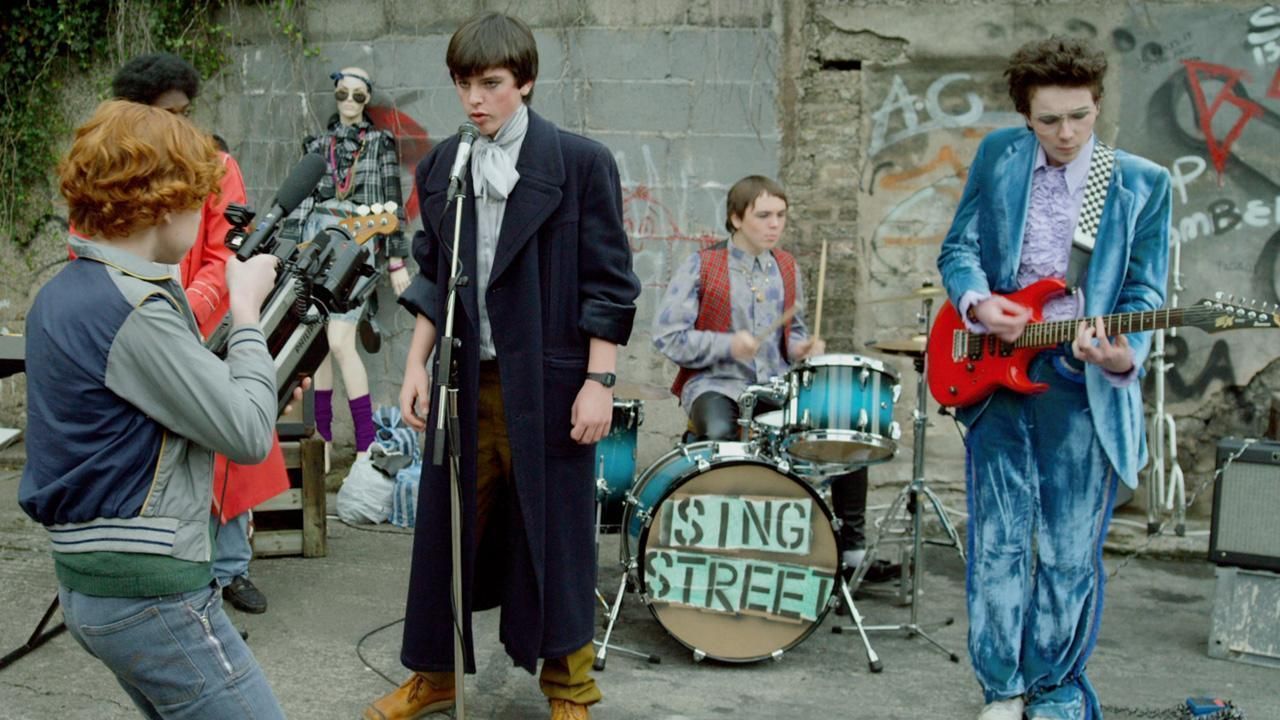Coming Through the Rye
Posted on October 13, 2016 at 5:24 pm
B| Lowest Recommended Age: | High School |
| MPAA Rating: | Rated PG-13 for some drug material, sexuality and language |
| Profanity: | Strong language |
| Alcohol/ Drugs: | Drugs |
| Violence/ Scariness: | Sad offscreen death, |
| Diversity Issues: | None |
| Date Released to Theaters: | October 14, 2016 |

That, of course, is Holden Caulfield in J.D. Salinger’s classic of adolescent anguish, Catcher in the Rye. Even more than the parts about “phonies” and the simultaneous wish to avoid entanglements to protect all that is innocent and vulnerable in oneself and somehow protect the innocent and vulnerable in others, that line packing so much understanding and such a powerful invitation has made generations of teenagers feel understood and validated. (See “Six Degrees of Separation” for Will Smith’s fascinating and disturbing speech on the book’s meaning.) More, it has made them feel invited. If Holden thinks that connecting to a work of fiction can make you feel like the author’s friend, then perhaps, despite his being the most well-known recluse of 20th Century America, Salinger might welcome a visit.
That is the basis for this film about a very Holden-esque adventure undertaken by a prep school senior who wants J.D. Salinger to approve his theatrical adaptation of Catcher in the Rye. Like Catcher, it takes its title from the folk lyric by Robert Burns. Holden imagines himself saving children who are playing in a field of rye, catching them before they go off a cliff.
Alex Wolff plays Jamie Schwartz, a sensitive theater kid (we see him exclaim “A plague o’ both your houses” as Mercutio in a school production of “Romeo and Juliet.” He has a bit of a crush on the girl who plays Juliet and does not notice that there is less flashy but far more substantial girl named Deedee (Stefania LaVie Owen) who has a bit of a crush on him. When he is the target of a bullying prank at school, Jamie and Deedee decide to take a car trip and go visit J.D. Salinger. (What is it with these Wolff boys? Alex’s brother Nat appeared in “Paper Towns,” another movie about a teen car trip.)
We know where this is going. It’s the kind of journey where a lot of growing up will happen. There are not many surprises (except for the way Jamie and Deedee finally learn Salinger’s address from the only locals not committed to protecting his privacy). Owen does more than should be possible with an underwritten character who is essentially a fantasy figure, endlessly understanding and devoted (and on the Pill but not for sex!) But she and Wolff, and Chris Cooper in a brief but telling role, make it a worthwhile trip.
Parents should know that this film includes strong language, a dangerous prank, and teen drug use. There is a sad offscreen death.
Family discussion: What author would you like to visit? Was Salinger right about not allowing Catcher to be adapted for theater or film?
If you like this, try: “HairBrained” and “A Birder’s Guide to Everything”





